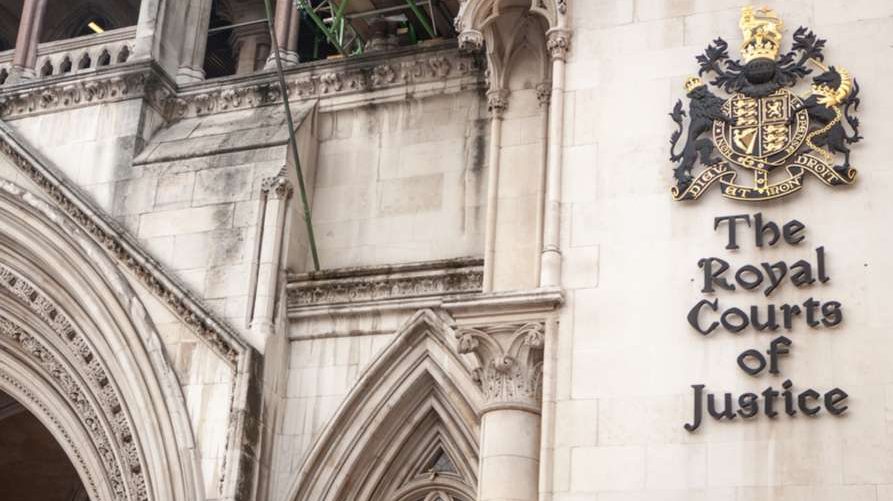The High Court of England and Wales has agreed to hear a challenge to the country’s abortion law, which allows children with Down syndrome to be aborted until birth, as discriminatory towards people diagnosed with the condition.
The application, which was filed by Heidi Crowter, a woman with Down syndrome, and Máire Lea-Wilson, mother of 16-month-old son Aiden, who has Down syndrome, was granted on October 17.
Lawyer Paul Conrathe, who represents Crowter and Lea-Wilson, called it a “hugely significant moment.”
“The Court has recognized it is arguable that the State is acting unlawfully towards babies with Down’s Syndrome by allowing them to be aborted up to birth,” said Coranthe in a statement released on Saturday.
Now, said Coranthe, the government has to “prepare its detailed evidence” saying that allowing abortion until birth for babies with Down syndrome is not discriminatory, which the court will review.
He stated that he expected the trial will happen “early next year.”
Abortion is legal in the United Kingdom until the 24th week of pregnancy, except for when continuing the pregnancy is dangerous to the physical or mental health of the mother, as well as in cases where the baby will "suffer from such physical or mental abnormalities as to be seriously handicapped."
Lea-Wilson’s son Aiden was not diagnosed with Down syndrome until the 34th week of his gestation. He was born two weeks later, at 36 weeks and three days gestation. She said that she was offered the option to abort Aiden three times after he was diagnosed.
“During this time of great vulnerability, I was told that my child would not be able to live independently, might not be able to walk or talk, would suffer through surgeries to correct his intestinal issues and possible congenital heart defects, that there was a high chance of stillbirth, and that he would make our lives so much more challenging,” she said in a statement published by Sky News.
Lea-Wilson said being repeatedly offered an abortion gave her the sense that Down syndrome “must be very, very bad indeed.”
Instead, she said, her son is “a delight” and has exceeded her expectations, but she remains concerned about his future, and cannot trust that he will be treated equally under U.K. law.
“We live in a society that proclaims that we want to empower those with disabilities, and that regardless of your background, you deserve a fair and equal chance at life,” she said.
“This law, which allows abortion up until birth, is outdated, and we can do so much better than this.”

